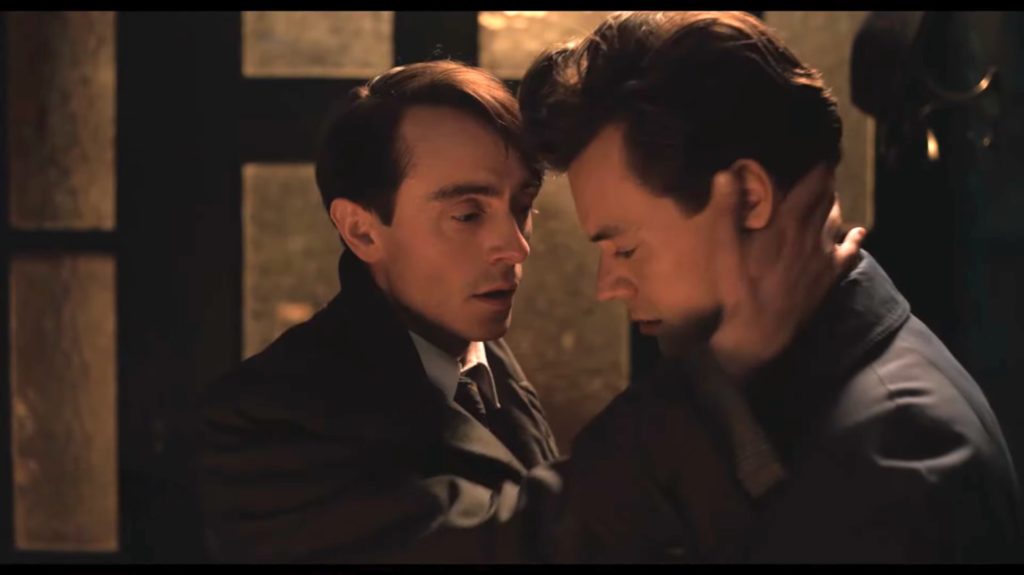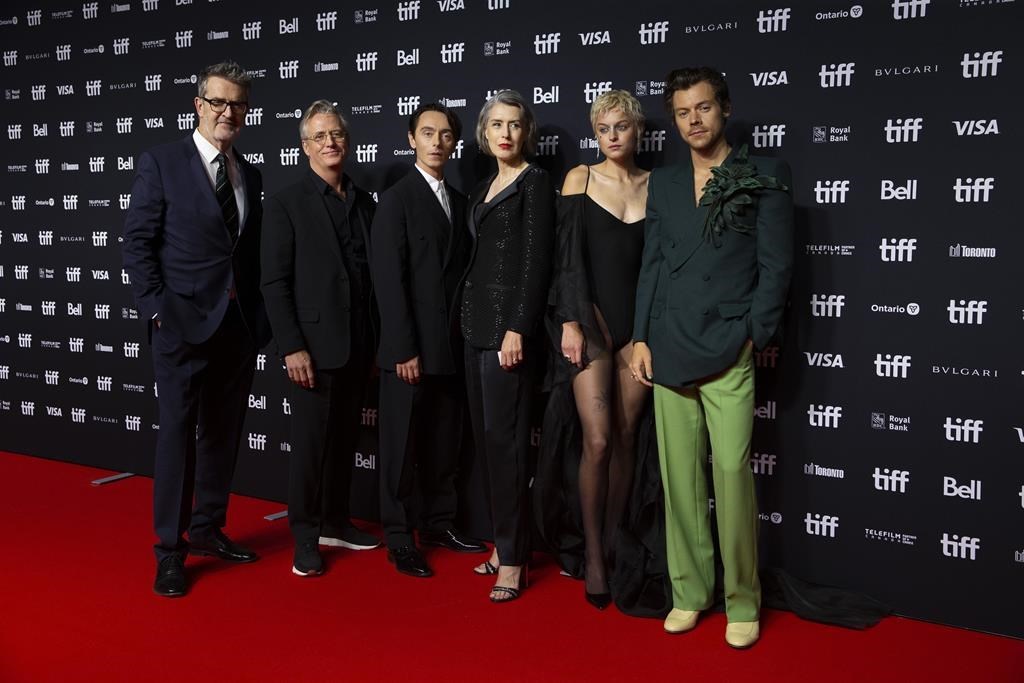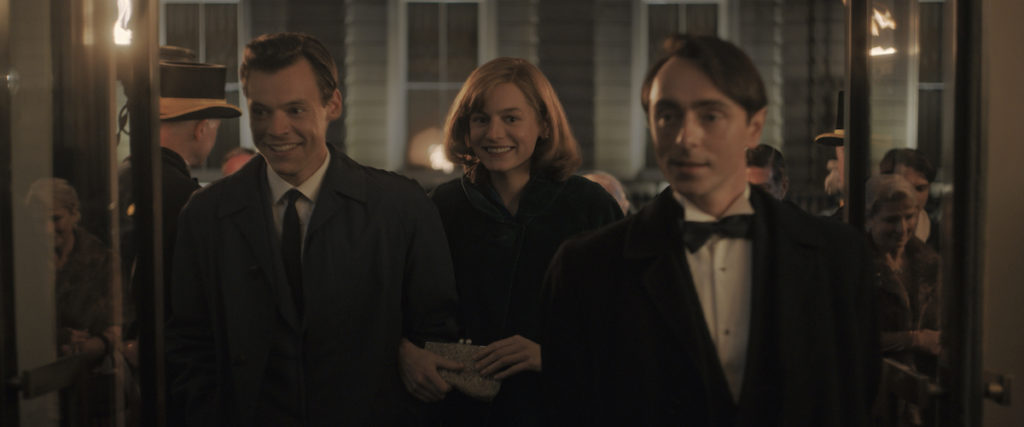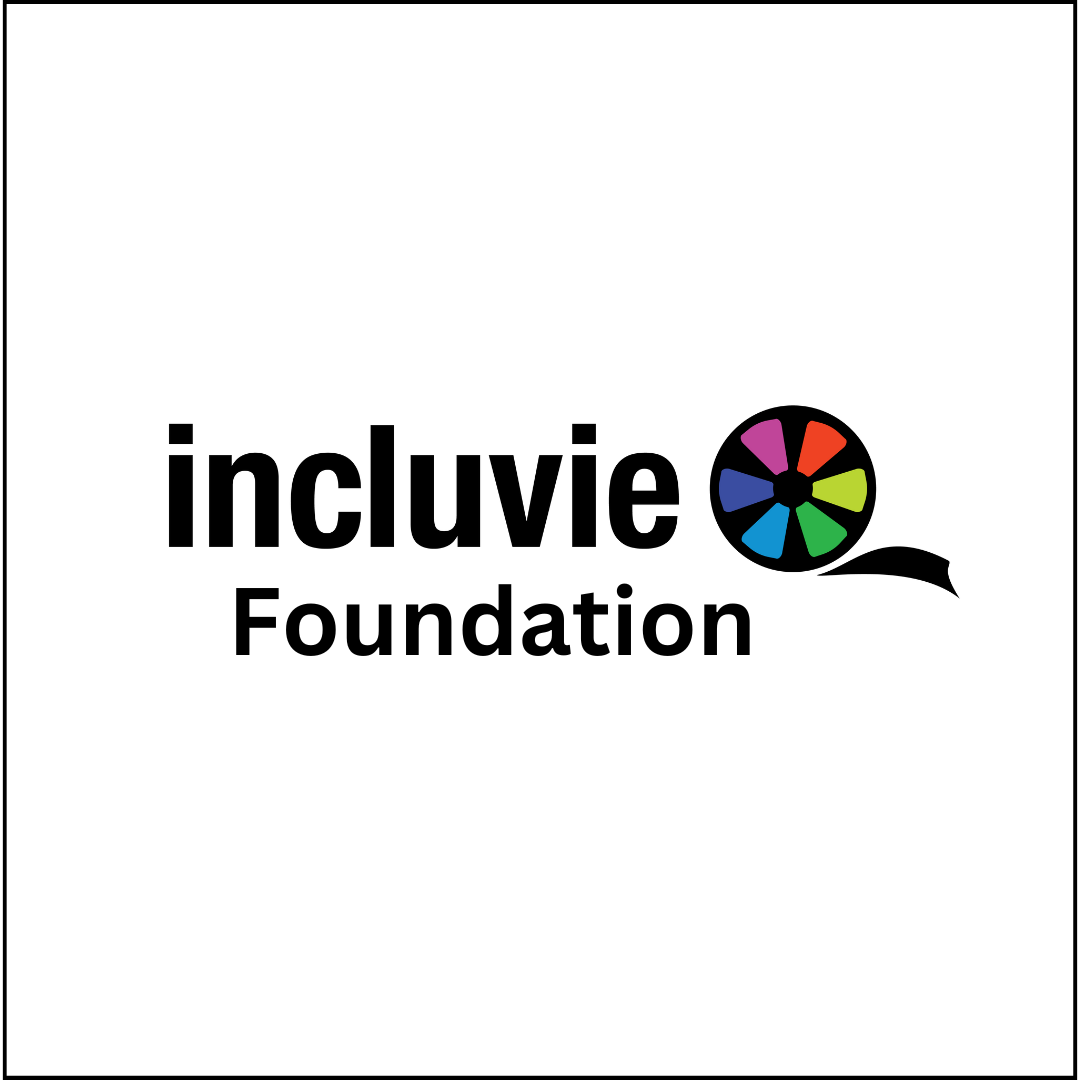Incluvie Foundation Gala - Learn More
TIFF ‘22 Coverage: ‘My Policeman’
'My Policeman' simultaneously delighted and disappointed audiences at TIFF, but everyone can agree that the performances and truth of the story will convince audiences that this film is worth the watch.
My Policeman (2022)


Harry Styles carries his weight in his first dramatic role of this caliber, but his co-stars command just as much of My Policeman. The company received the TIFF Tribute Award for Performance.
My Policeman is soaked in warm visuals and themes surrounding love, loss, and time wasted. Spanning across 40 years, the film is set initially in 1950’s Brittian, a time during which homosexuality was illegal. We are introduced to Tom (Harry Styles) when he meets an unassuming bookish young lady, Marion (Emma Corrin). The two are caught up in a budding romance when a new friend noses his way into their fold: Patrick (David Dawson).
Though we are at first led to believe that Patrick has his sights set on Mirion, it is soon revealed that he and Tom have been engaging in lustful encounters that delight and confuse Tom. They become more and more emotionally (and physically) intertwined as Tom’s relationship to Marion becomes more serious, and they eventually marry.

Tom is now tasked with leading a double life. He’s not necessarily unhappy in his heteronormative marriage, but it lacks passion. Nevertheless, he tries to maintain his dutifulness as a husband and police officer. When Marion catches the pair in the act, her jealousy drives her to make some regrettable choices, thus giving Tom no option but to cut all ties with Patrick, forget their forbidden love, and continue his life as a married man.
This leads us to many intercut scenes from the 1990s, accompanied by older versions of Tom (now played by Linus Roache), Marion (Gina McKee), and an unwelcome house guest (Rupert Everett). It is through the expert pacing of the two stories that we begin to discover who this stroke patient living in their guest bedroom is and what significance his presence holds for the couple. Their tumultuous relationship worsens the longer the three of them try to cohabitate, until finally, all of the characters are able to reconcile what they want and what they need, finally finding their way back to each other – or in Marion’s case, becoming reacquainted with herself.

These final moments of My Policeman comment on a particular theme that director Michael Grandage acknowledges at the TIFF world premiere, “As a gay man born into the period where this film is set, I’m very proud of the huge advances that the LGBTQ+ community has made over many years.” This narrative does recognize how many individuals had their god-given right to love stolen away and their lives stripped by anti-gay authorities. It does so in a respectful way, that honors their journey so we might live in a free society today. Does it accomplish this message in a particularly insightful way? Perhaps not, these themes and their execution are not exactly a new addition to our conversations surrounding queer representation in film as of 2022, but it is an evocative journey if not total and complete Oscar bait.
The writer of this My Policeman, Ron Nyswaner, adapted the novel by Bethan Roberts which is reportedly based on true events. Nyswaner’s previous award-nominated screenplay, Philadelphia, leads us to believe that this queer story is in good hands, and when it comes down to it, I believe it is.

If you have a hard time surrendering to this emotionally-raw story, it may come across as quite dull. The performances are stoic and Styles, in particular, is often carried by the prowess of his castmates. The load is borne by everyone involved quite evenly. There are no breakout, shimmering performances amongst the younger cast, just honest and mournful depictions of the many queer identities lost to history.
More to explore
By Same Author
Related lists created by the same author
By General Category
Related movie/TV/List/Topic




